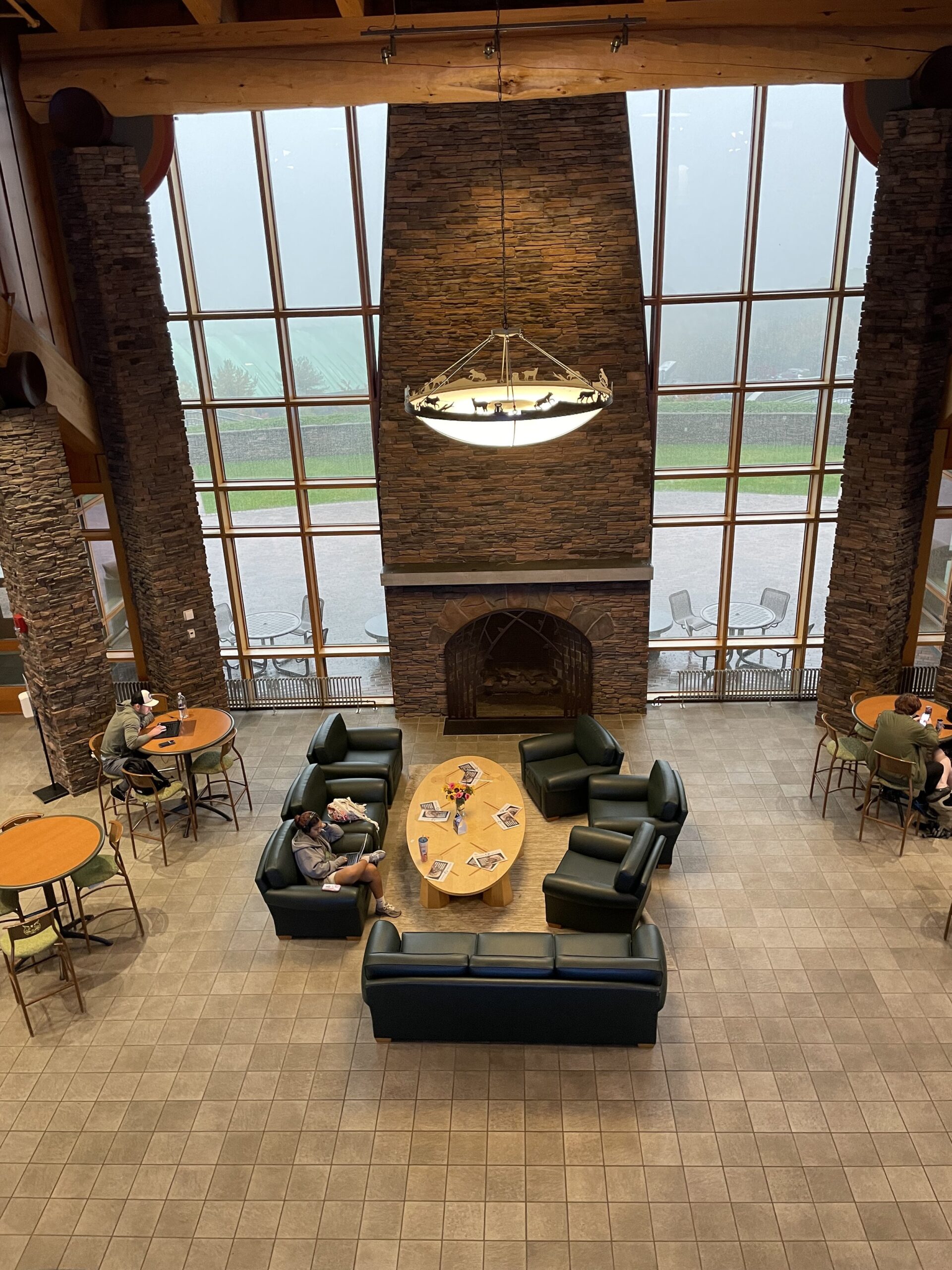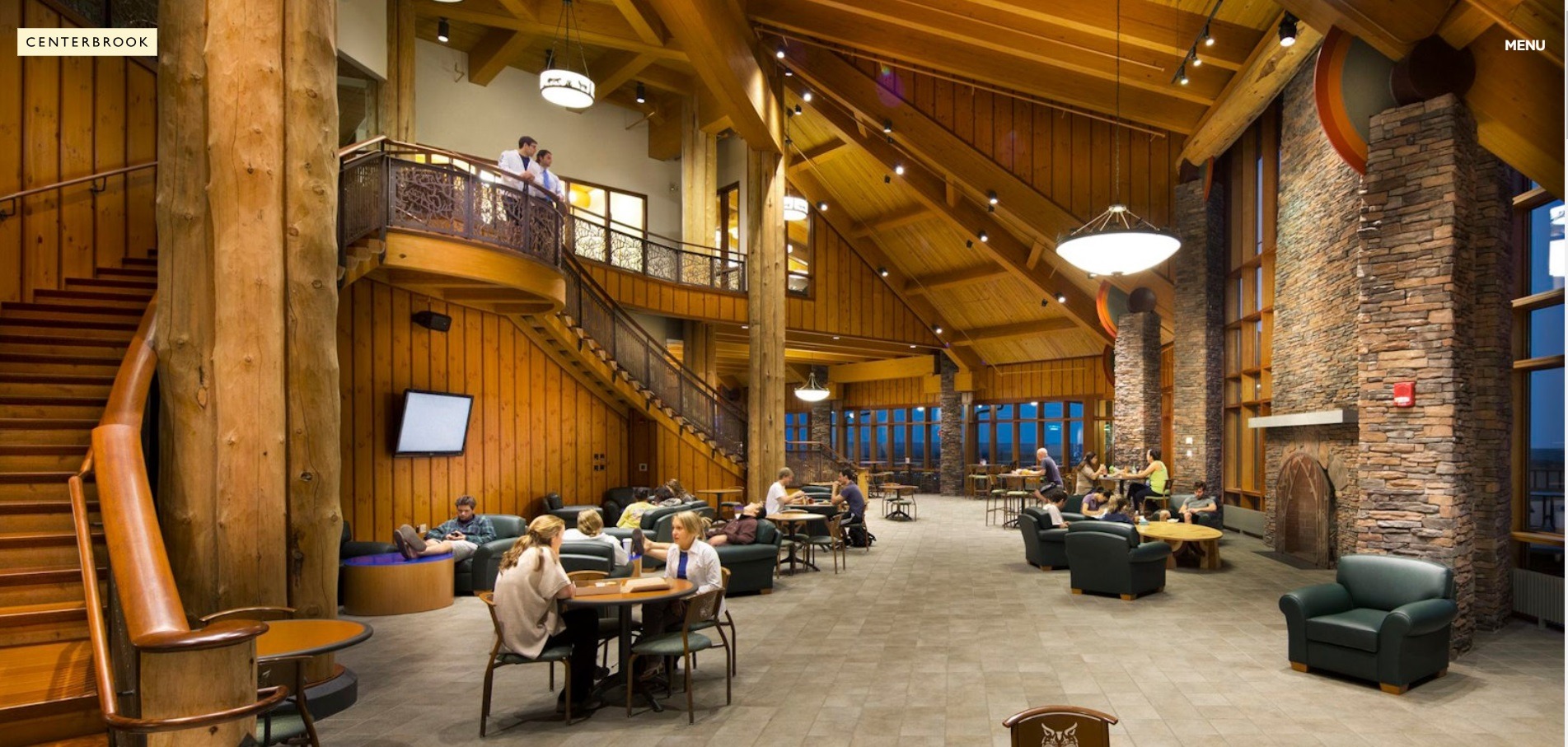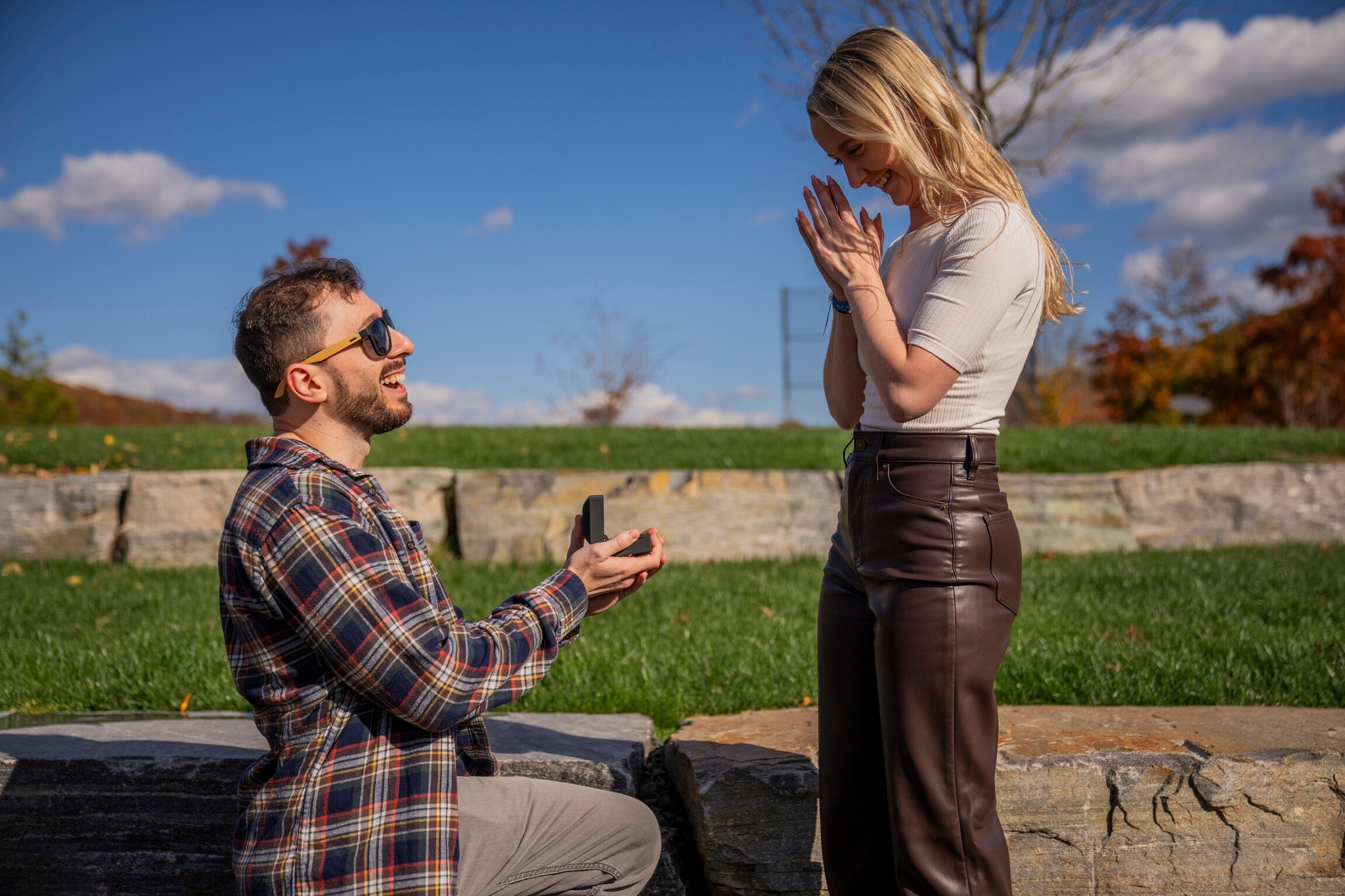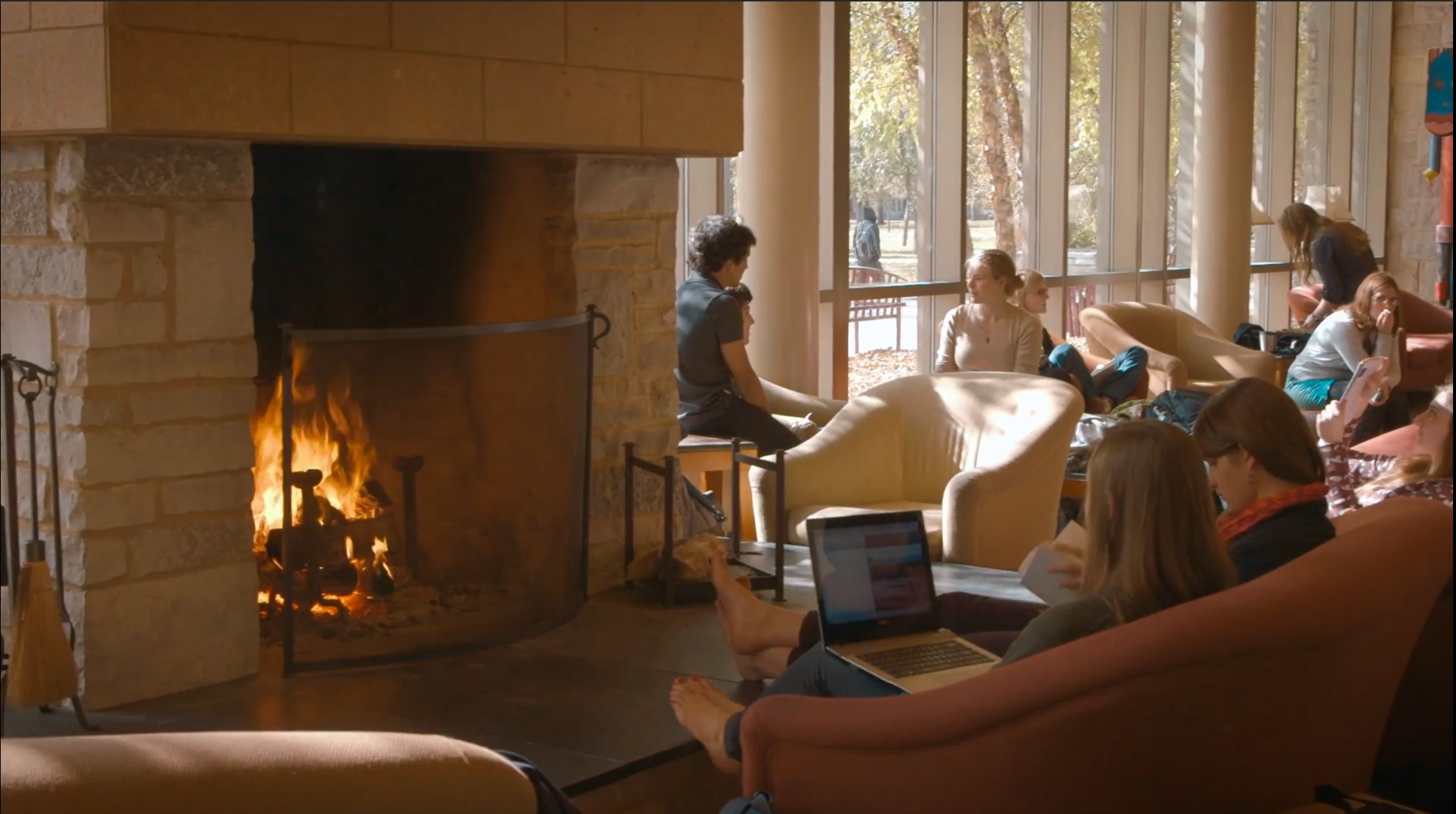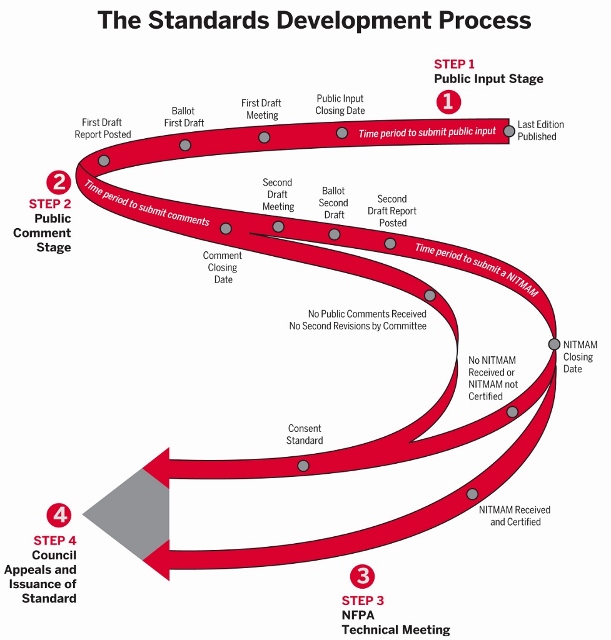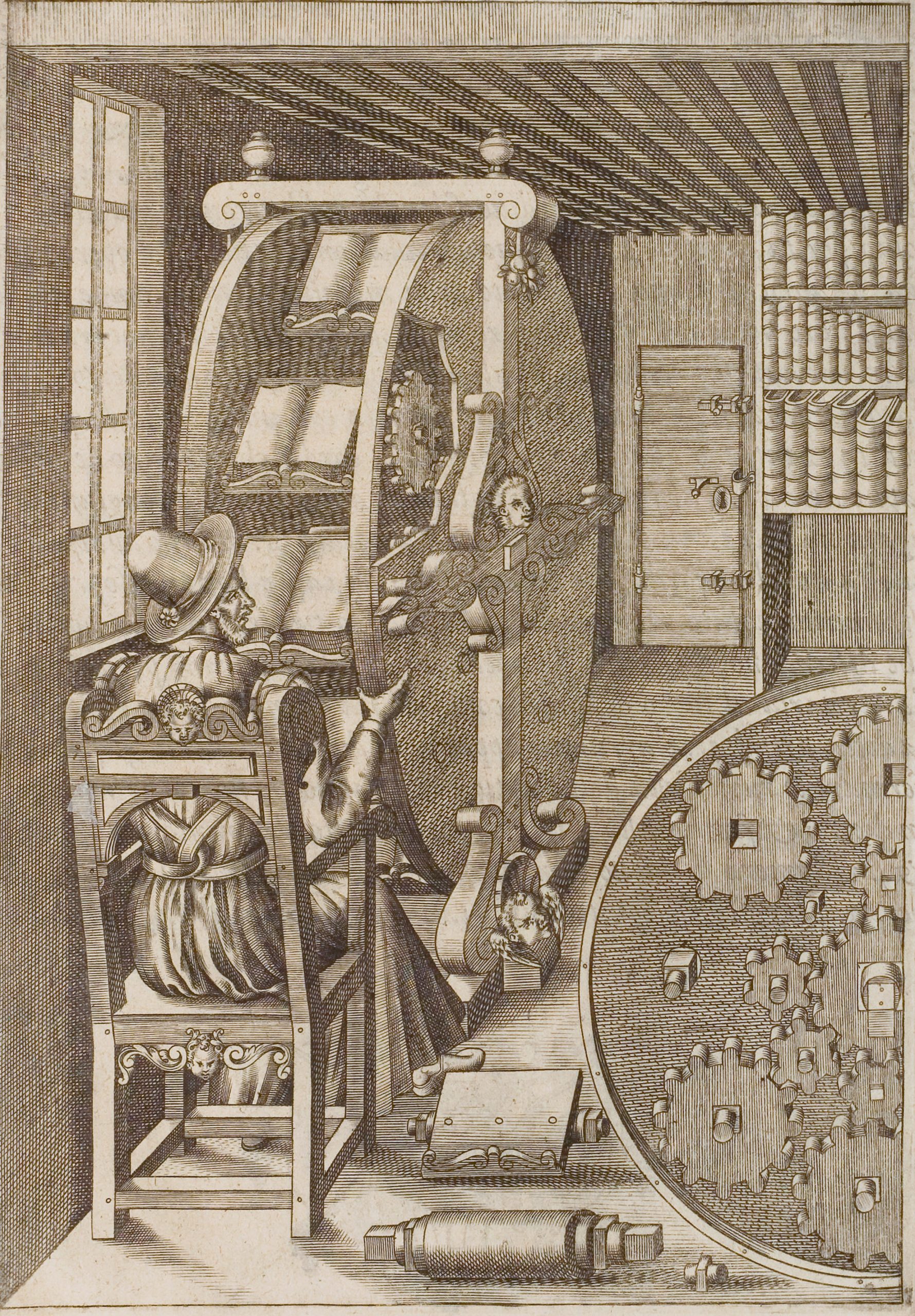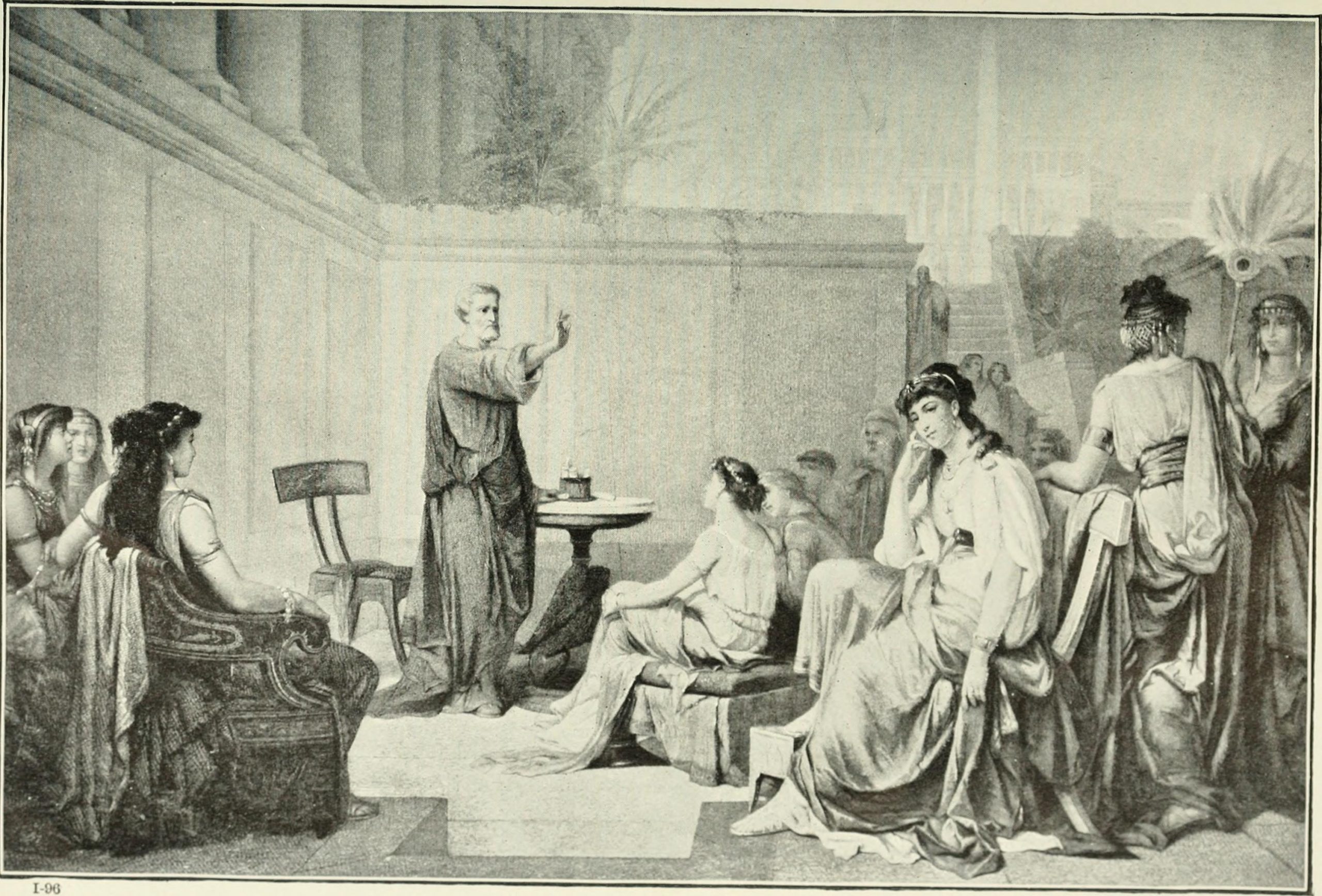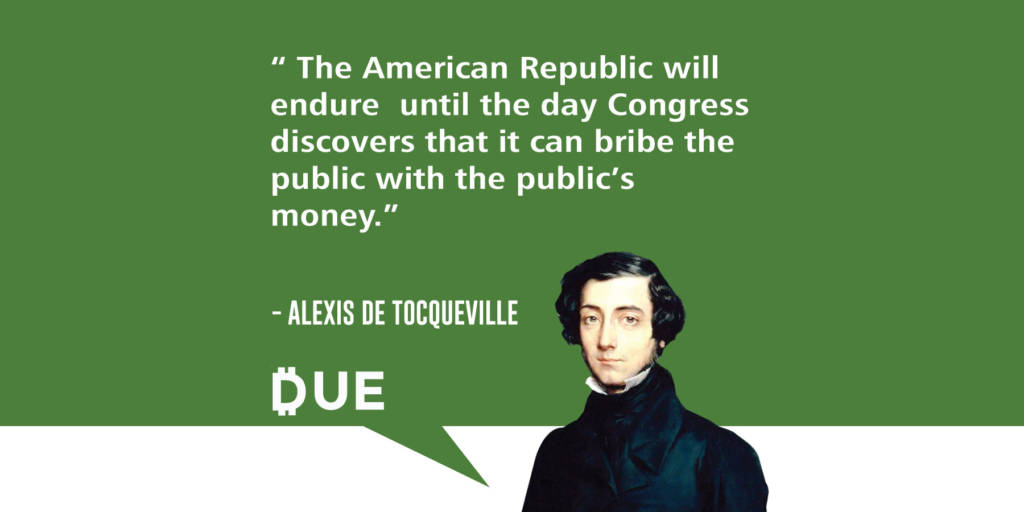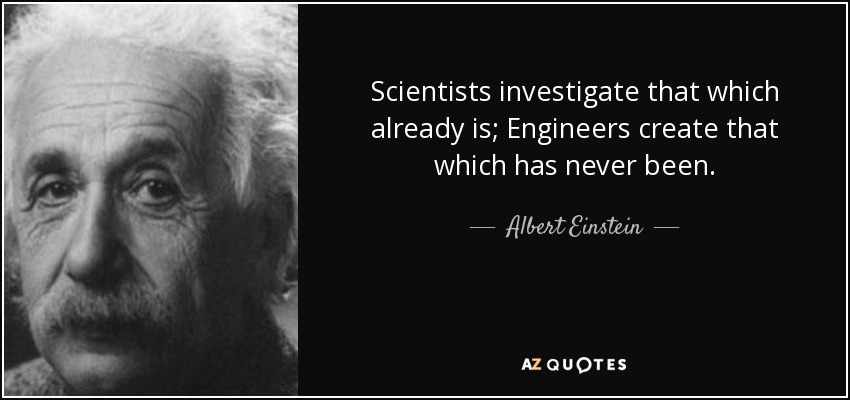Quinnipiac’s 990 Form shows increase in officials salaries
Rocky Top Student Center
- Home Page 88

Fireplace Safety
Many accommodations such as dormitories, fraternities and sororities have working fireplaces — wood burning and natural gas. Community spaces such as student unions, libraries and recreation spaces also have fireplaces as a central feature.
The purpose of NFPA 211 is to reduce fire hazards by discovering and promulgating best practice for the safe removal of flue gases, the proper installation of solid fuel-burning appliances, and the correct construction and installation of chimneys, fireplaces, and venting systems. The current 2019 Edition is linked below:
Free Access: NFPA 221 Standard for Chimneys, Fireplaces, Vents, and Solid Fuel-Burning Appliances
The 2024 has been released. To guide our inquiry into safety and sustainability concepts for the 2027 Edition we like review the developmental transcripts of previous edition:
Public comment on the First Draft of the 2027 Edition will be received until June 3, 2025. We encourage facility managers to recommend improvements to this standard by setting up a (Free) NFPA account the link below:
Online submission of public input and public comments
We maintain this standard on our periodic Prometheus and Housing colloquia. Consult our CALENDAR for the next online meeting, open to everyone
Link to parent standard:
University of Rochester Fireplace Safety
American Gas Association: How Natural Gas Fuels Your Holiday Traditions
Cosmetology
This content is accessible to paid subscribers. To view it please enter your password below or send mike@standardsmichigan.com a request for subscription details.
Ballroom Minnesota
This content is accessible to paid subscribers. To view it please enter your password below or send mike@standardsmichigan.com a request for subscription details.
Ballroom Dance
This content is accessible to paid subscribers. To view it please enter your password below or send mike@standardsmichigan.com a request for subscription details.
Infotech 200
INCITS: InterNational Committee for Information Technology Standards | Executive Board
Today we break down the literature for building, maintaining and supporting the computing infrastructure of education communities. We use the term “infotech” gingerly to explain action for a broad span of technologies that encompass enterprise servers and software, wireless and wired networks, campus phone networks, and desktop computers that provide administrative services and career tech video production. The private sector has moved at light speed to respond to the circumstances of the pandemic; so have vertical incumbents evolving their business models to seek conformance revenue in this plasma-hot domain.
In 2023 we began breaking down the topic accordingly:
Infotech 100: Survey of the principal standards developing organizations whose catalogs are incorporated by reference into federal and state legislation. Revision cycles.
Infotech 200: Campus computing facilities for research and education
Infotech 300: Communication networks, wired and unwired at the demarcation point; crucial for defining the responsibilities and boundaries between the service provider and the customer.
Infotech 400: System, middleware and software — Python, Fortran 2018, Apache, Julia, C++ and others
A quick shoutout to our hardworking Billikens, who made it through midterms week. You did it! 🤩
📸 by Sarah Conroy pic.twitter.com/aRaUJ6Pa6S
— Saint Louis University (@SLU_Official) October 21, 2023
We collaborate closely with the IEEE Education and Healthcare Electrotechnology Committee. Use the login credentials at the upper right of our home page.
📣INCITS Executive Board seeks interested parties to participate in ICT standards development. INCITS holds the leadership role as the U.S. TAG to ISO/IEC JTC 1, Information Technology. Learn more at https://t.co/G9vknxQY2Y and https://t.co/lGh8G4eiL4. #standardsdevelopment #ict pic.twitter.com/Qj2DnryBSr
— INCITS (@INCITS) September 23, 2024
Colloquy (February)
What Presidents Are Celebrated on Presidents’ Day? https://t.co/GGKvlPYiWu
— Home Quirer (@homequirer) February 19, 2024
Illustration from 1913 showing Pythagoras teaching a class of women. Pythagoras believed that women should be taught philosophy as well as men and many prominent members of his school were women.Our practice is fairly structured as our Syllabus reveals. Once a month we like to break form and throw our agenda “open”. Unstructured. Completely determined by the interest of our clients, colleagues and followers. Use the login credentials at the upper right of our home page.
“Reflections on the motive power of fire: | Sadi Carnot
* Lyndon B. Johnson played a significant role in the passage of the Education Acts of 1965, which consisted of two key pieces of legislation: the Elementary and Secondary Education Act (ESEA) and the Higher Education Act (HEA).
As President of the United States, Johnson made education reform a priority of his administration and saw it as a means of addressing poverty and inequality in America. He signed the ESEA into law in April 1965, which was designed to provide funding to schools serving low-income students and aimed to close the achievement gap between disadvantaged students and their more affluent peers. The ESEA also provided funds for teacher training and other educational programs.
In November of the same year, Johnson signed the HEA into law, which provided funding for college and university education and sought to make higher education more accessible to all Americans.
Together, these Education Acts of 1965 were a significant achievement for Johnson’s administration and played a crucial role in expanding educational opportunities for millions of Americans. They marked a major shift in federal education policy and helped to establish the federal government’s role in shaping education policy in the United States.
National Institutes of Health (Library of Medicine)
Dr. Jill Jacobs-Biden: Student Retention at the Community College: Meeting Student’s Needs
Michelle Obama: Princeton-Educated Blacks and the Black Community
Dr. Claudine Gay: Taking charge: Black electoral success and the redefinition of American politics
Hilary Clinton: There is Only the Fight…
John Kennedy: Appeasement at Munich
John Nash: Non-Cooperative Games
Colloquy (March)
Open agenda. We do this once every month. Whatever anyone wants to talk about.
2024 / 2025 / 2026 Code Development: Group B (2025)
Alexis de Tocqueville on the Foundations of American Democracy
Alexis de Tocqueville was born in Paris and came from a prominent lineage, with his father serving as a royalist prefect under the Bourbon restoration.
In 1831, at the age of twenty-five, Alexis de Tocqueville made his fateful journey to America, where he observed the thrilling reality of a functioning democracy. From that moment onward, the French aristocrat would dedicate his life as a writer and politician to ending despotism in his country and bringing it into a new age.
Quotes from Alexis de Tocqueville’s “Democracy in America”:
- “The greatness of America lies not in being more enlightened than any other nation, but rather in her ability to repair her faults.”
- “Americans are so enamored of equality that they would rather be equal in slavery than unequal in freedom.”
- “In democratic ages, human beings rarely sacrifice themselves for one another voluntarily; they almost always do so because they are impelled to by some power outside themselves.”
- “Despotism often presents itself as the repairer of all ills suffered, the support of just rights, defender of the oppressed and founder of order.”
- “The best laws cannot make a constitution work in spite of morals; morals can turn the worst laws to advantage.”
- “I do not know if the people of the United States would vote for superior men if they ran for office, but there can be no doubt that such men do not run.”
- “The most dangerous moment for a bad government is when it begins to reform.”
- “The Americans combine the notions of Christianity and of liberty so intimately in their minds that it is impossible to make them conceive the one without the other.”
- “The will of man is not shattered, but softened, bent, and guided; men are seldom forced by it to act, but they are constantly restrained from acting. Such power does not destroy, but it prevents existence; it does not tyrannize, but it compresses, extinguishes, and stupefies a people, till each nation is reduced to nothing better than a flock of timid and industrious animals, of which the government is the shepherd.”
- “Americans combine the notions of Christian morality and of liberty so intimately in their minds that it is impossible to make them conceive the one without the other.”
- “In the United States, the most enlightened are the most religious; and the most religious are the most enlightened.”
- Americans of all ages, all conditions, and all dispositions constantly form associations… Wherever at the head of some new undertaking you see the government in France, or a man of rank in England, in the United States you will be sure to find an association.”
Professional Engineering Licensure
It’s the first day of #EngineersWeek 2025! Join the NAE this #Eweek2025 for a celebration of outstanding #engineering to inspire, engage and empower the next generation of engineers.
Stay connected with @theNAEng this #Eweek2025 here: https://t.co/OaxeE1t7GY pic.twitter.com/J3Pjv29uco
— National Academy of Engineering (@theNAEng) February 16, 2025
Ferris State University was awarded a $15,000 prize in the 2023 Surveying Education Award competition. Learn more about the university’s Surveying Engineering program: https://t.co/4OxbZC7gVJ pic.twitter.com/TwPnyqpAPn
— NCEES (@NCEES) November 20, 2023
Electrical Engineering License: Example Questions
Electric Machines Motors & Generators
Digital Electronics
Power Systems
Stability Analysis
Communication
Illumination
Cost Analysis and Project Economics
Mechanical Engineering License: Example Questions
Civil Engineering License: Example Questions
New update alert! The 2022 update to the Trademark Assignment Dataset is now available online. Find 1.29 million trademark assignments, involving 2.28 million unique trademark properties issued by the USPTO between March 1952 and January 2023: https://t.co/njrDAbSpwB pic.twitter.com/GkAXrHoQ9T
— USPTO (@uspto) July 13, 2023
Standards Michigan Group, LLC
2723 South State Street | Suite 150
Ann Arbor, MI 48104 USA
888-746-3670


